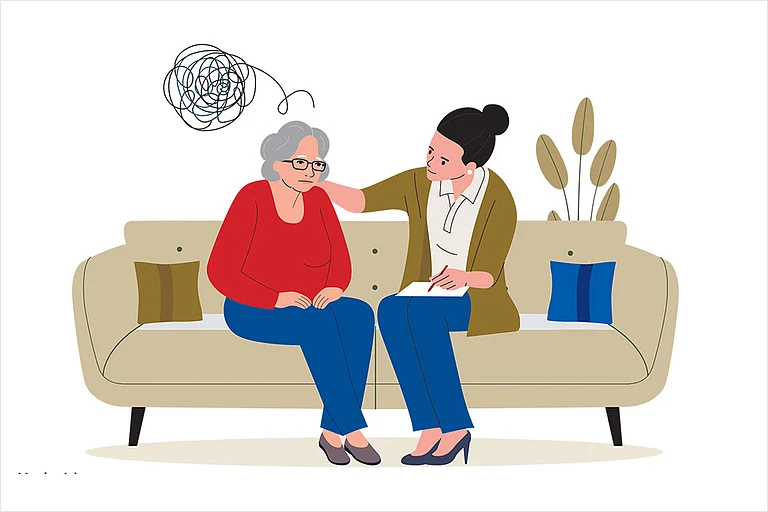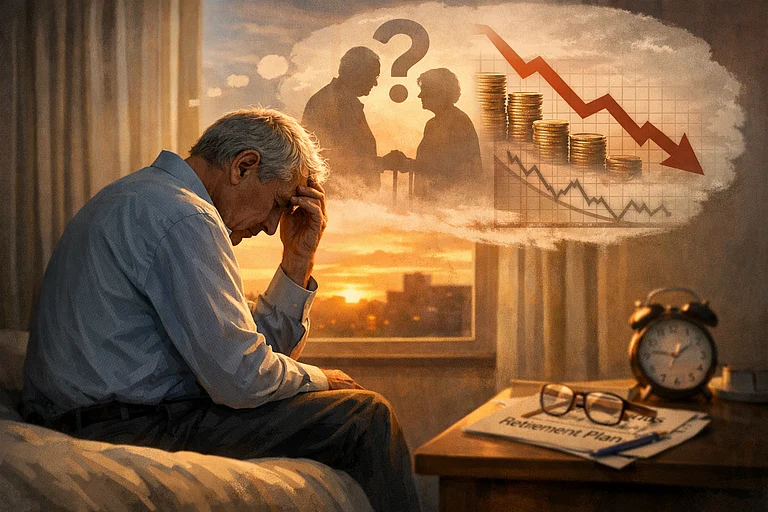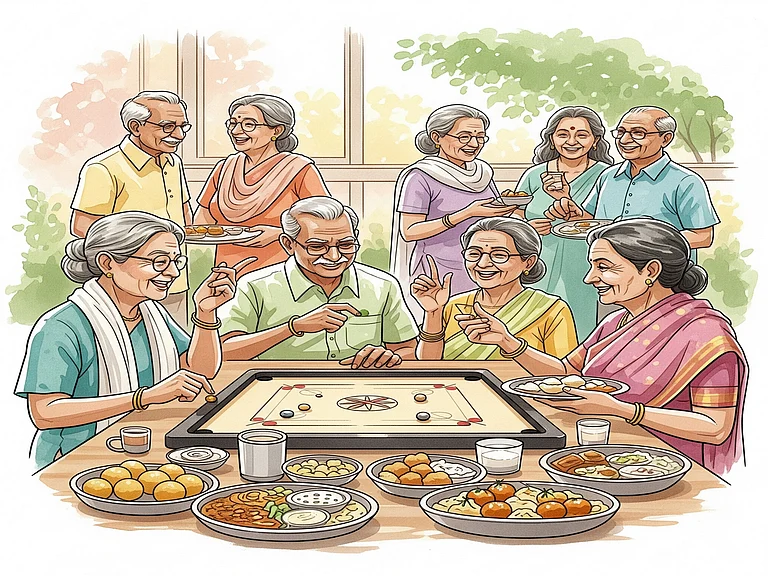
Summary of this article
· Over 1 billion people worldwide live with mental disorders, according to WHO
· Cognitive decline affects memory and reasoning skills
· Staying physically active and mentally stimulated can slow cognitive decline
World Mental Health Day is observed on October 10 every year to bring mental health discussion to the centre and make people and policymakers aware of this crucial part of health. According to the latest data in the World Health Organisation’s (WHO) ‘World Mental Health Today’ report in September 2025, more than 1 billion people are living with mental disorders. However, usually people disregard mental health issues because they show up in the disguise of behavioural issues, bad habits, and so on. But mental health issues can affect people of all ages and reduce their productivity. While mental disorder is a medically diagnosed illness and could be serious, various other mental health issues, like anxiety, depression, etc., can be tackled with timely intervention at the individual level.
What Is Cognitive Decline?
Cognitive decline refers to the gradual decline of memory, attention, and thinking and reasoning skills. In simple terms, it affects one’s ability to think, remember, learn, analyse, and decide. While it is a common condition in ageing, one can always slow down the decline process by taking certain measures.
How Common Is Cognitive Decline Among Seniors?
Ishaan Khanna, CEO, Antara Assisted Care Services, says, “Cognitive decline and mental health challenges are far more widespread among India’s seniors than most realise”. While cognitive decline is commonly linked with ageing, it is not the only factor. Khanna highlights that emotional isolation and depression are the widespread realities that significantly heighten the risk of cognitive decline and deteriorating mental health among the elderly.
How To Slow Down Your Cognitive Decline In Old Age?
Dr Rajesh Sagar, professor of psychiatry at the All India Institute of Medical Sciences (AIIMS), Delhi, suggests staying physically active, engaging in activities that can boost mental stimulation, taking a healthy and balanced diet, and keeping socially engaged.
He says, “Light exercise like walking or yoga 30 minutes a day and activities like reading, puzzles, learning new skills like music, and languages can keep the brain active and delay any cognitive dysfunction or cognitive decline.” Further, a healthy diet that is rich in fruits, vegetables, and whole grains is very important. Avoid processed food, excessive sugar, alcohol, and smoking, says he.
Dr Amit Malik, psychiatrist, founder of Amaha, a mental health organisation, and founding cohort member of India Mental Health Alliance (IMHA), agrees with all the suggestions to follow to slow down cognitive decline, and stresses that “maintaining emotional well-being, addressing loneliness, anxiety, or depression early can protect cognitive functioning. The key is consistency: small, sustained lifestyle choices can have a lasting impact on how we age cognitively.”
In the current scenario of increasing nuclear families where elderly parents are living in one city and children in another, staying socially engaged gradually becomes difficult. But experts say that loneliness and depressive symptoms can be overcome with social connections and frequent and open interaction with family, friends, and close ones.
Amid this, can community living help in slowing it down?
With the changing times, senior housing is being accepted in Indian society. There are housing projects catering to senior living requirements and building infrastructure according to the old age needs. The places where seniors live together, do activities together, feel socially connected, and more valued. It can help in staying mentally active and healthy, too.
Khanna says, “One of the most effective ways to slow cognitive decline is through intentional community design, environments purpose-built to encourage connection, movement, and meaning. Community living rebuilds the three essential anchors of mental health: social connection, emotional purpose, and daily routine. When seniors come together to celebrate festivals, play games, exercise, or pray together, they stimulate both the mind and body. These shared experiences are not incidental; they are the result of intentional design that fosters belonging, structure, and joy, directly supporting cognitive resilience and emotional stability.”
Dr Sagar says that staying connected with family and friends, being a member of a health club, or even a religious gathering, can help reduce loneliness and even depression.
The mental health day is a reminder to pay attention to mental health to maintain overall health. As the World Health Organisation (WHO) says, “There is no health without mental health.”



















